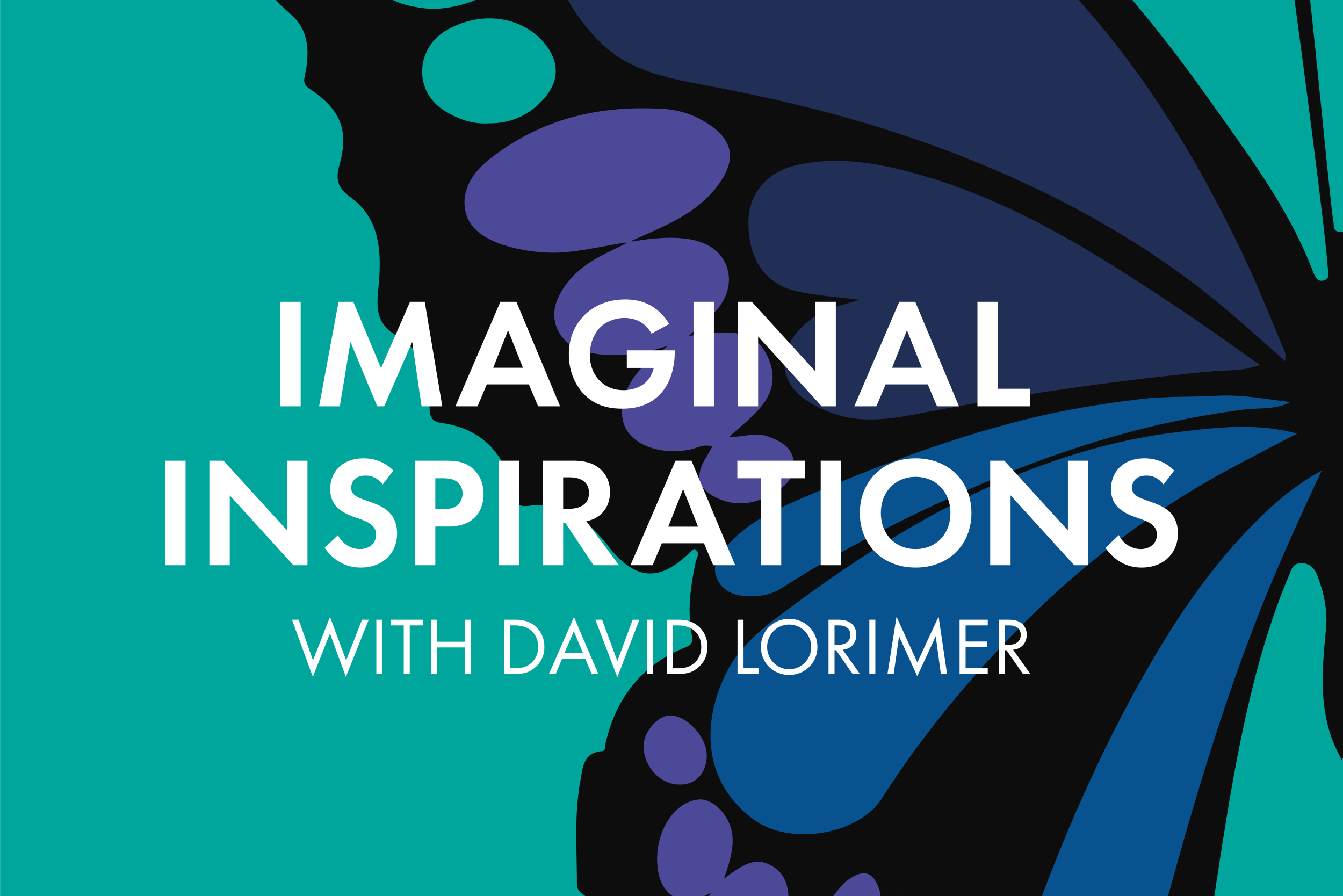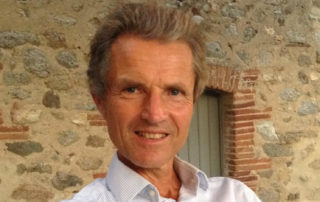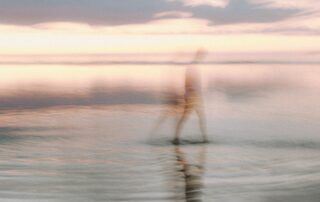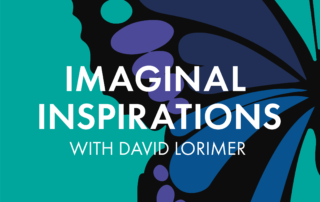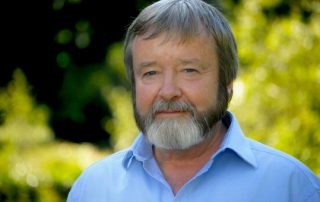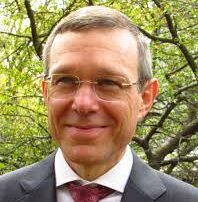
Expanding the Scope of Science
ORIGINS
David Lorimer introduces the Galileo Commission Report
REMIT
The Galileo Commission was founded in 2017 with a view to expanding the worldview of science beyond its limiting materialistic assumptions, which are seldom explicitly examined. A central and widely held assumption is that the brain generates consciousness and is therefore extinguished at death.
Following widespread consultation in 2018 with 90 advisers representing 30 universities worldwide, we have published the Galileo Commission Report, written by Prof Dr Harald Walach and entitled Beyond a Materialist Worldview – Towards an Expanded Science. The report has been widely endorsed as a groundbreaking document, so we encourage you to support our movement by joining the Galileo Commission either as a Professional Affiliate or a Friend. There is also a Summary Report and a Layman’s Report, and a brief summary of the argument is available in a number of languages. We encourage you to read and support Dr Athena Potari’s Call for a Renaissance of the Spirit in the Humanities and to read our edited book Spiritual Awakenings, which documents the transformative experiences of 57 scientists and academics.
A Call for a Renaissance of the Spirit in the Humanities
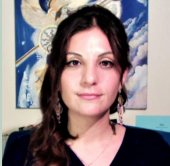 The “Call for a Renaissance of the Spirit in the Humanities”, written by Dr Athena D. Potari, is a pioneering project aiming to raise awareness regarding how the prevailing paradigm of materialism affects the ways in which knowledge is approached within the context of the Humanities. In line with the Galileo Report, which discusses the importance of liberating the positive sciences from the limitations of the paradigm of scientific materialism, this Call aims at making the case for the Humanities as well. The Call explores how recent developments in scientific studies on consciousness, and the ensuing understanding that consciousness is primary and unified, can inform our understanding of what it means to be “human” with correspondingly appropriate epistemologies, as well as how we approach key areas of human activity, including ethics, politics and the environment.
The “Call for a Renaissance of the Spirit in the Humanities”, written by Dr Athena D. Potari, is a pioneering project aiming to raise awareness regarding how the prevailing paradigm of materialism affects the ways in which knowledge is approached within the context of the Humanities. In line with the Galileo Report, which discusses the importance of liberating the positive sciences from the limitations of the paradigm of scientific materialism, this Call aims at making the case for the Humanities as well. The Call explores how recent developments in scientific studies on consciousness, and the ensuing understanding that consciousness is primary and unified, can inform our understanding of what it means to be “human” with correspondingly appropriate epistemologies, as well as how we approach key areas of human activity, including ethics, politics and the environment.What people say…
Featured book
Featured podcast
The Playful Universe – Marjorie Woollacott, David Lorimer and Gary Schwartz (Eds)
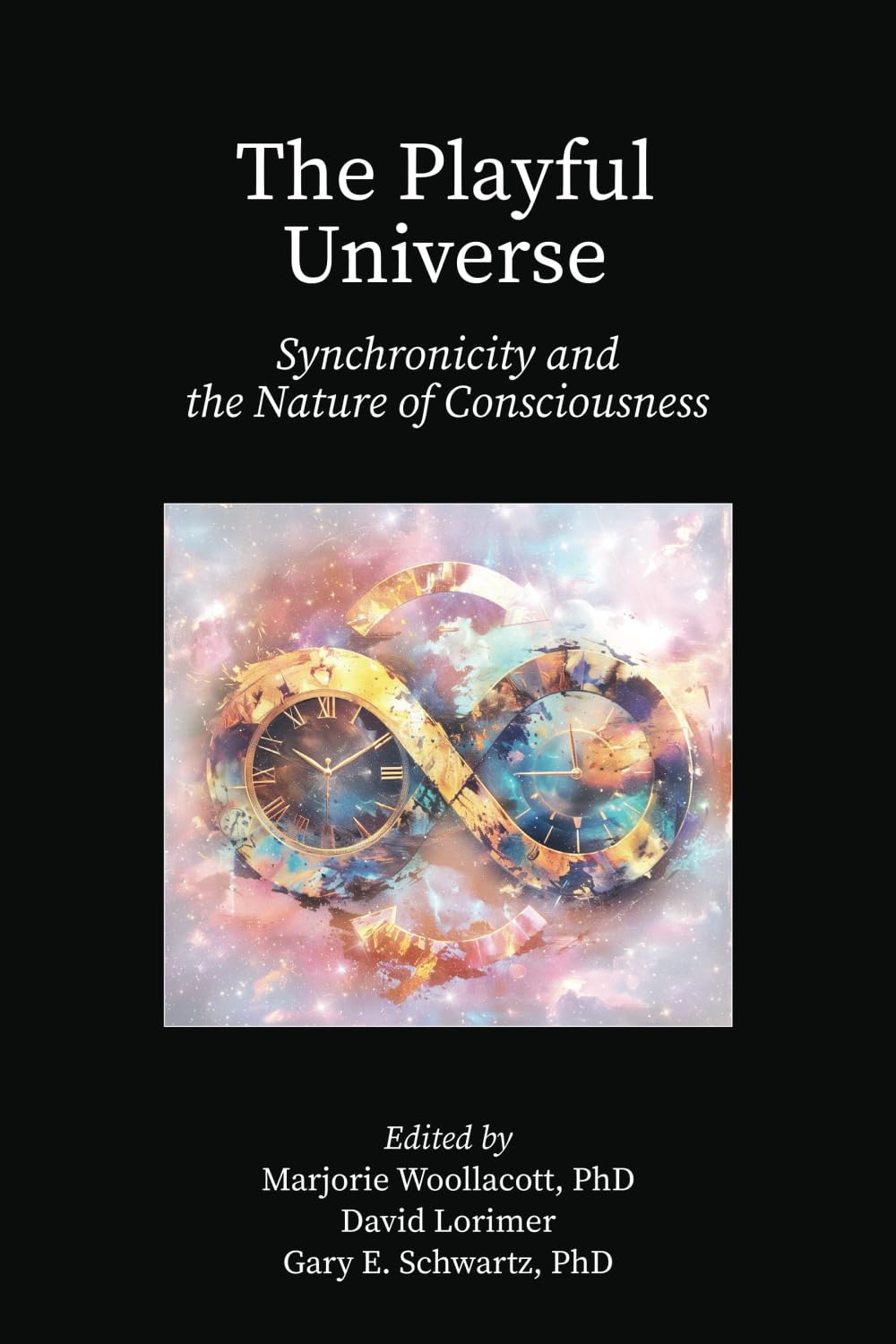
This volume consists of essays by scientists and academics describing their own experiences of synchronicity and how these experiences transformed both their worldview and the way they lived their lives. We truly believe that this is a fundamentally intelligent, benevolent, creative and playful universe in which we, as individual expressions of the one Universal Mind, co-create our reality.
Recent News
David Lorimer: Daring to look through Galileo’s telescope
Galileo’s example inspired the founders of the Galileo Commission to name it after him. This project of the Scientific and Medical Network, a worldwide professional community, aims to expand the scope of science by crossing the border to spirituality. At the core lies the notion that consciousness is nonphysical.
Study of Evidential After-Death Communications – Ken Vincent
An after-death communication (ADC) is a spontaneous experience of communication with a deceased friend or family member. This study examines 1667 cases on the After-Death Communication Research Foundation website (ADCRF.org). A total of 336 (20.1%) were found to be evidential. The three main categories of evidential ADCs and previous research are discussed.
Imaginal Inspirations with Rosy Daniel
Dr Rosy Daniel is a holistic doctor, health coach, workplace wellness consultant, broadcaster, speaker, teacher and author specialising in new paradigms for proactive health creation. She practices at her Bath clinic where she guides the regeneration of positive health for those with cancer, heart disease, diabetes, depression, overweight, arthritis and stress-related illness. Her healthcare approach combines sensitive, compassionate warmth in her own style of highly personalised holistic medicine.
Interviews with Innocence featuring Marjorie Woollacott
Marjorie Woollacott, Ph.D., is an Emeritus Professor and prior chair of the Dept. of Human Physiology, and member of the Institute of Neuroscience, at the University of Oregon. She has published more than 200 scientific articles and written or co-edited eight books. Her latest book, Infinite Awareness (2015) (winner of eight awards, including the 2017 Parapsychological Association Book Award, Eric Hoffer Book Award and the Nautilus Book Award) pairs Woollacott’s research as a neuroscientist with her self-revelations about the mind’s spiritual power.
Dr Iain McGilchrist and Dr Jordan Peterson in conversation
On Thursday 13th May Dr Iain McGilchrist and Dr Jordan Peterson talked for almost 2 hours on Peterson's podcast. Below is the link in case you missed this, and some of the theme areas they explored which include the discussion of Dr Iain McGilchrist's new book The Matter with Things, which will be published this October.
When Scientific Orthodoxy Resembles Religious Dogma – Avi Loeb
Those who refuse to consider an unconventional idea in science are disturbingly similar to those who refused to look through Galileo’s telescope
